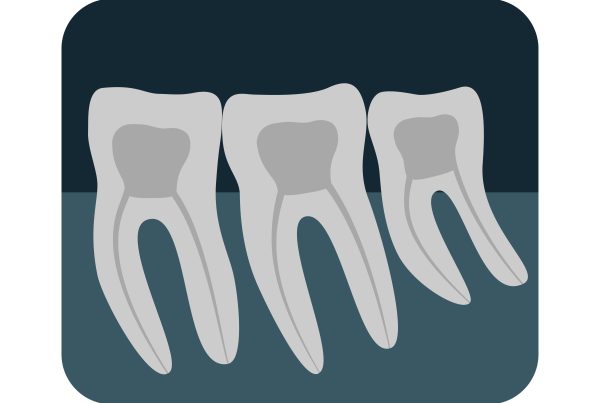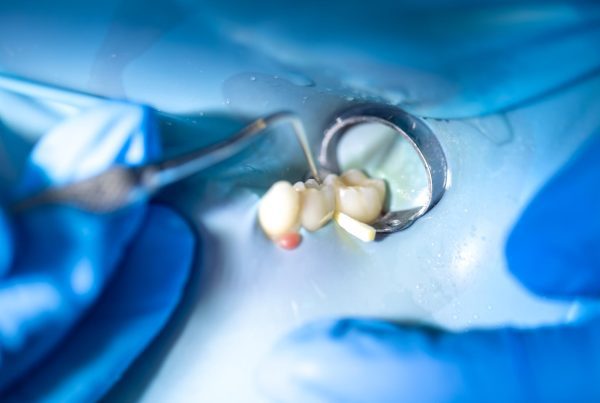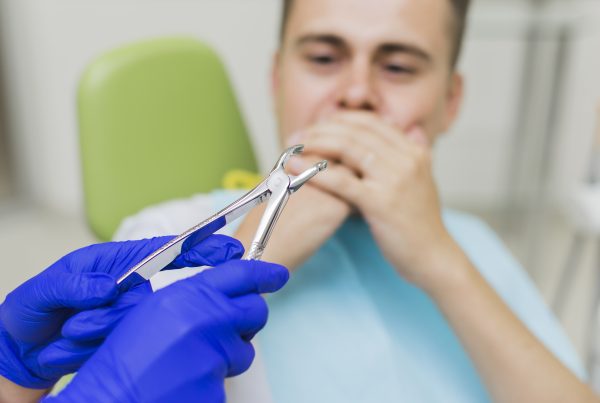Do you have a loose wisdom tooth?
Wisdom teeth, also known as third molars, are the last set of molars that typically emerge in the back of the mouth during late adolescence or early adulthood, usually between the ages of 17 and 25. Unlike other teeth, wisdom teeth often cause concerns due to their potential for complications. While it is possible for wisdom teeth to fall out naturally, this is a relatively rare occurrence. Most often, they cause issues such as impaction, crowding, or pain, leading to their removal through dental procedures. In this discussion, we will explore the factors that influence whether wisdom teeth can fall out on their own, the reasons they frequently require intervention, and the importance of dental care and monitoring for these late-developing molars.

Can wisdom teeth fall out naturally, or is extraction typically necessary?
Wisdom teeth, or third molars, can indeed fall out naturally in some cases, but this occurrence is relatively rare. Most often, extraction is necessary to address issues associated with these late-developing molars. This is because many people’s mouths do not have adequate space to accommodate these additional teeth, leading to problems like impaction, crowding, misalignment, or pain. In situations where wisdom teeth do erupt, they may not align correctly with the rest of the teeth, making them challenging to clean and maintain, and causing long-term dental issues. Therefore, while natural shedding of wisdom teeth can occur, extraction is the more common and recommended approach to prevent potential complications and ensure good oral health.
What factors influence whether or not wisdom teeth will fall out on their own?
The natural shedding of wisdom teeth is influenced by several factors, including genetics, jaw size, and the alignment of these molars. Some individuals may have genetic traits that result in smaller jaws, leaving limited space for wisdom teeth to grow, which increases the likelihood of impaction or misalignment. Additionally, the angle at which these molars emerge plays a crucial role; if they erupt vertically and align correctly with the existing teeth, they may have a better chance of falling out naturally.
On the other hand, if wisdom teeth emerge at awkward angles or remain partially submerged, they are more prone to complications and often require extraction. The age at which these teeth develop can also impact the chances of them falling out naturally, as older individuals may experience a more challenging extraction process.
If the wisdom tooth has erupted and gotten loose over time, this chart describes what steps should be taken to prevent further oral health complications.

Are there any home remedies or tips for managing wisdom teeth pain and discomfort?
Certainly, there are some home remedies and tips that can help manage wisdom teeth pain and discomfort, but it’s important to remember that these are not long-term solutions and should not replace consultation with a dentist. Here are a few suggestions:
- Over-the-Counter Pain Relievers: Non-prescription pain medications like ibuprofen (Advil) or acetaminophen (Tylenol) can provide temporary relief from pain and inflammation.
- Oral Rinses: Gargling with warm salt water can help soothe gum irritation and reduce inflammation. Dissolve half a teaspoon of salt in a glass of warm water.
- Cold Compress: Applying a cold compress to the outside of the cheek for 15-20 minutes can help reduce swelling and numb the area.
- Topical Anesthetics: Some over-the-counter gels or ointments can be applied to the affected area to temporarily numb the pain.
- Maintain Good Oral Hygiene: Continue to brush and floss your teeth carefully, avoiding the wisdom tooth area if it’s causing pain. Maintaining oral hygiene is essential to prevent infection.
- Soft Diet: Opt for soft foods that are easy to chew and won’t irritate the area, such as soups, yogurt, and mashed potatoes.
- Avoid Triggers: Stay away from hard, crunchy, or spicy foods that can exacerbate discomfort.
It’s important to consult with a dentist or oral surgeon if you experience severe or persistent pain, as well as any signs of infection, such as swelling, pus, or fever. In most cases, wisdom teeth causing significant pain or complications may need to be removed.



